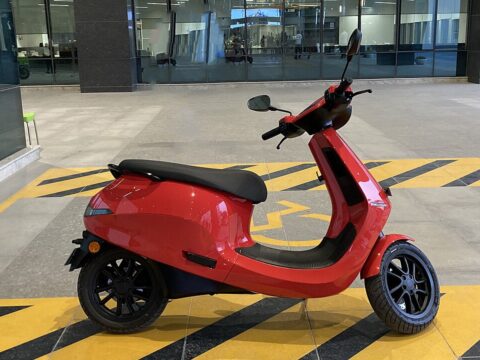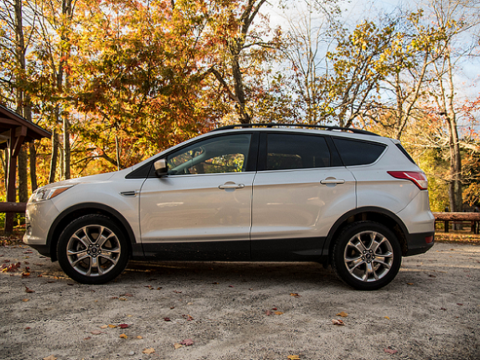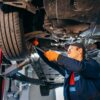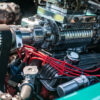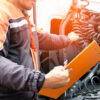Fuel efficiency is crucial for keeping your car running smoothly while helping you save on fuel costs. However, many drivers unknowingly engage in habits that cause their vehicles to use more fuel than necessary. From the way you drive to how you care for your car, small actions can have a significant impact on fuel consumption. Understanding these common mistakes is key to improving your car’s overall performance and stretching each tank of gas.
Everyday behaviors, like aggressive driving or neglecting regular maintenance, can take a toll on both your fuel economy and your wallet. By making mindful changes to how you drive and care for your vehicle, you can maximize efficiency and reduce unnecessary fuel consumption. Simple adjustments can lead to long-term savings and ensure your car is operating at its best.
Contents
Aggressive Driving
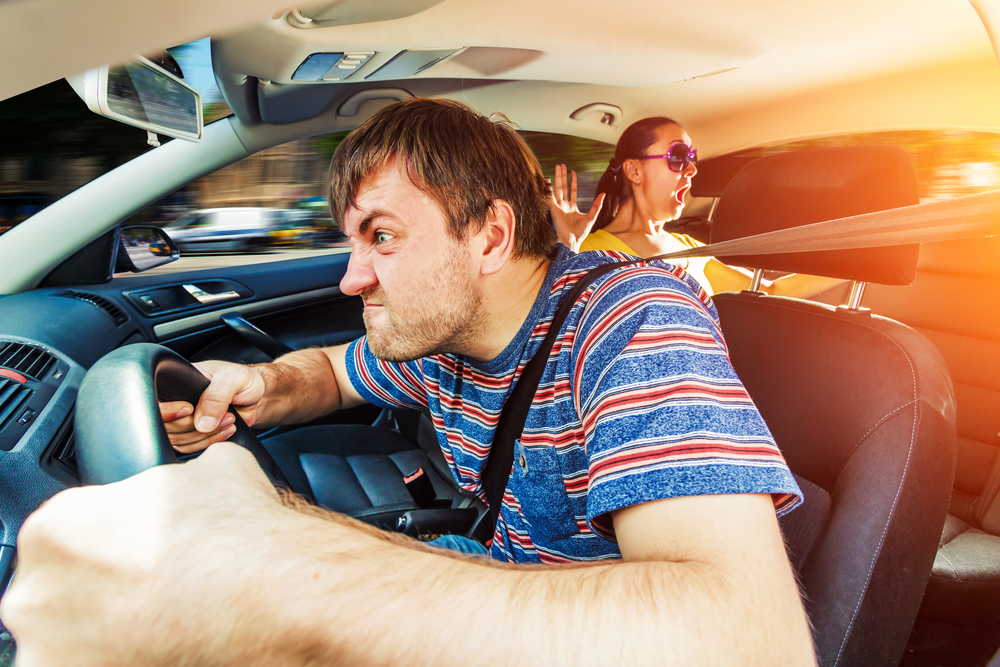
Aggressive driving, including rapid acceleration, hard braking, and weaving through traffic, can significantly reduce fuel efficiency. These actions force the engine to work harder and consume more fuel than steady driving. Maintaining a smooth driving style by anticipating traffic and using gradual acceleration and braking can improve fuel economy by up to 40% on the highway and 10% in city driving.
Speeding
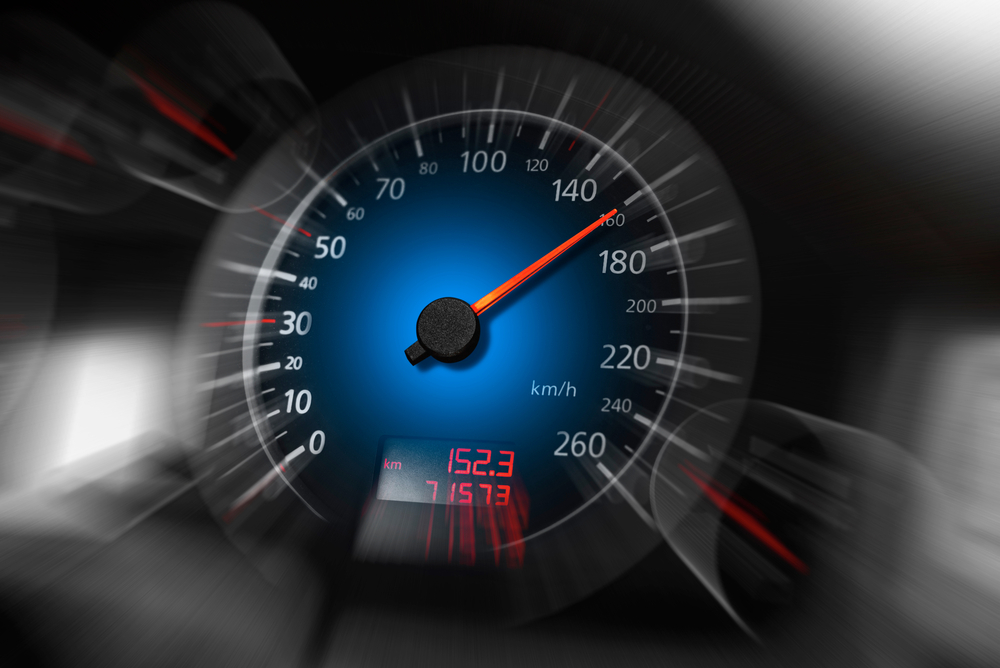
Driving at high speeds, particularly over 60 mph, can decrease your car’s fuel efficiency. Most cars are designed to reach their optimal fuel economy at moderate speeds, and as speed increases, air resistance (drag) increases, forcing the engine to work harder to maintain speed. Driving at a moderate, consistent pace can improve fuel efficiency and extend the distance you can travel on a tank of gas.
Underinflated Tires
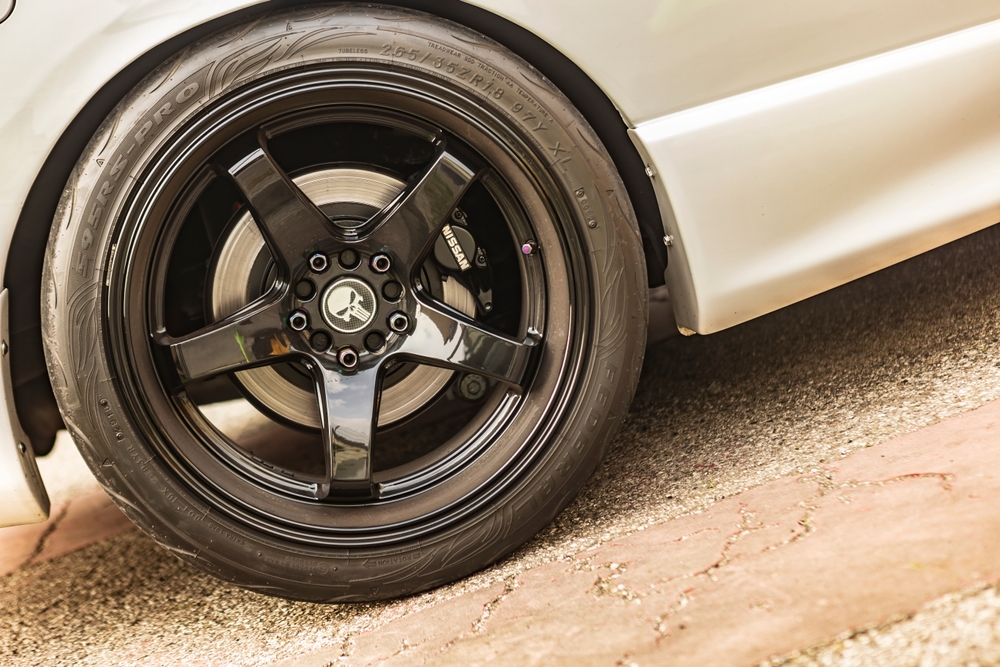
Tires that are not properly inflated create more rolling resistance, which makes the engine work harder to move the vehicle. Even a small drop in tire pressure can lead to a noticeable decrease in fuel efficiency. Keeping your tires inflated to the manufacturer-recommended pressure will reduce this resistance and improve fuel economy by up to 3%.
Excessive Idling
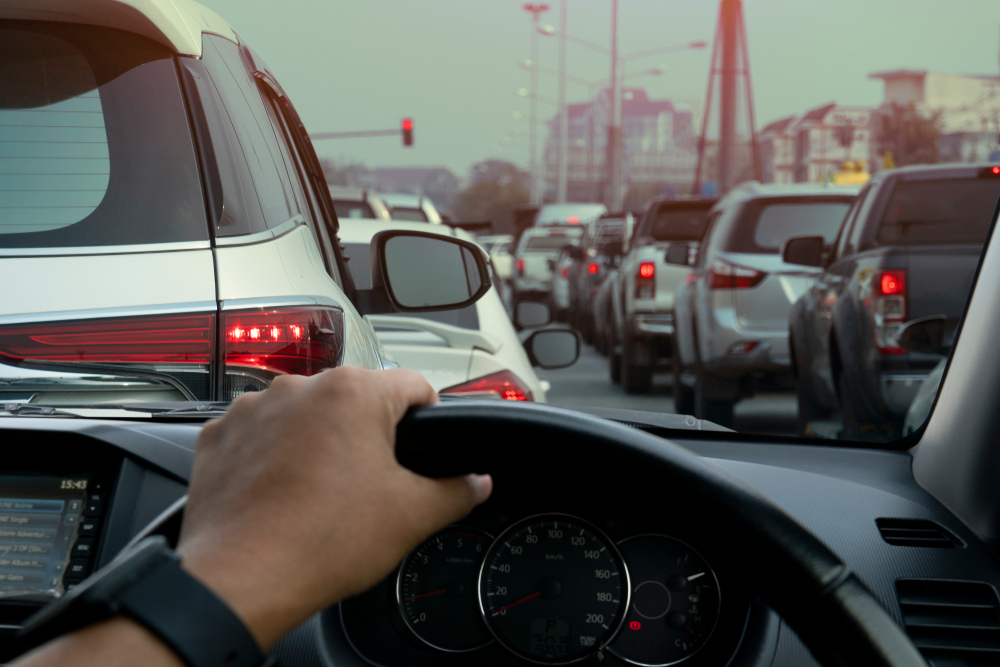
Leaving your engine idling for long periods wastes fuel without getting you anywhere. Modern vehicles are designed to use less fuel when restarted than when idling for prolonged periods. If you’re parked for more than a minute, it’s more fuel-efficient to turn off the engine and restart it when you’re ready to move. This can save fuel, especially in stop-and-go traffic or at long red lights.
Carrying Excess Weight
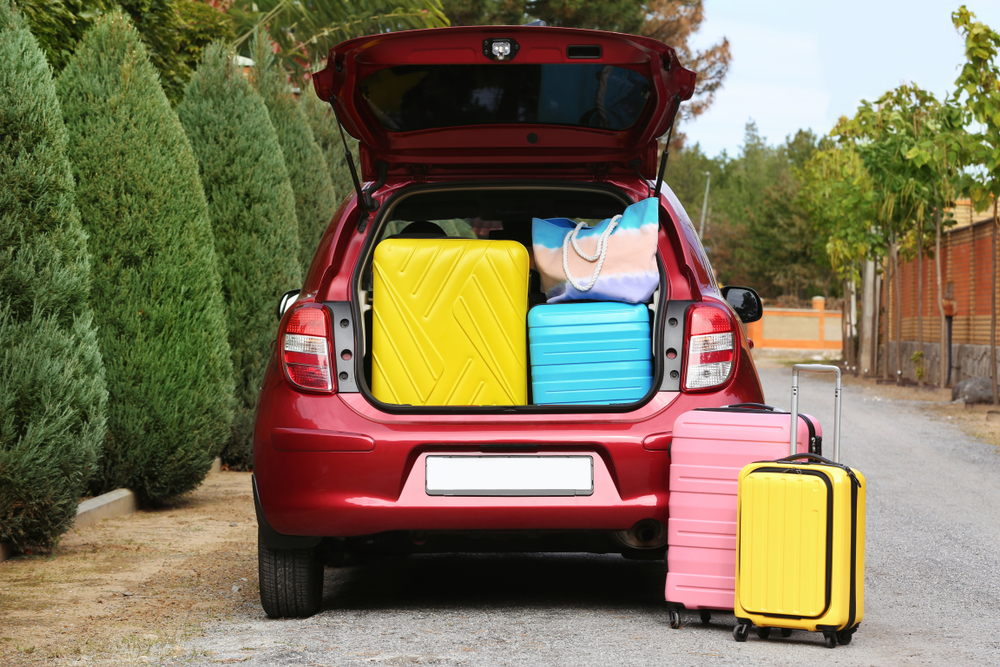
Carrying unnecessary weight in your vehicle, such as heavy items in the trunk or on roof racks, makes your engine work harder and burns more fuel. The heavier the load, the more fuel your car needs to maintain the same speed. Reducing the weight by clearing out unneeded items can help improve fuel efficiency by 1-2% for every 100 pounds removed from the vehicle.
Ignoring Maintenance
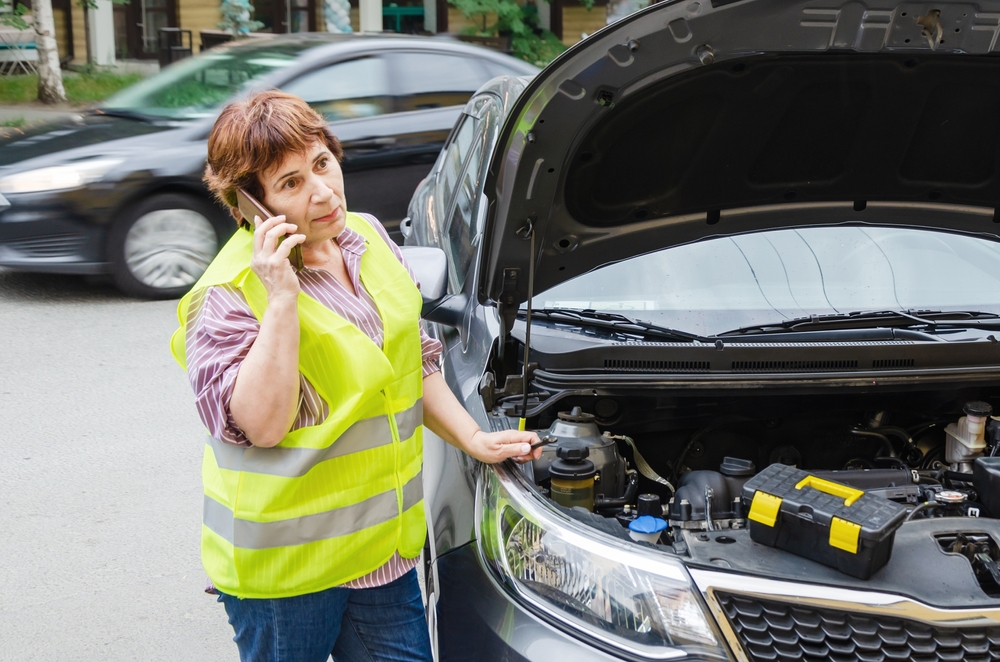
Skipping regular vehicle maintenance, like oil changes, air filter replacements, and spark plug inspections, can hurt fuel efficiency. An engine that isn’t well-maintained will run less efficiently, burning more fuel to perform the same tasks. Keeping up with routine maintenance helps ensure that your engine and related systems run smoothly and use fuel efficiently.
Using the Wrong Oil
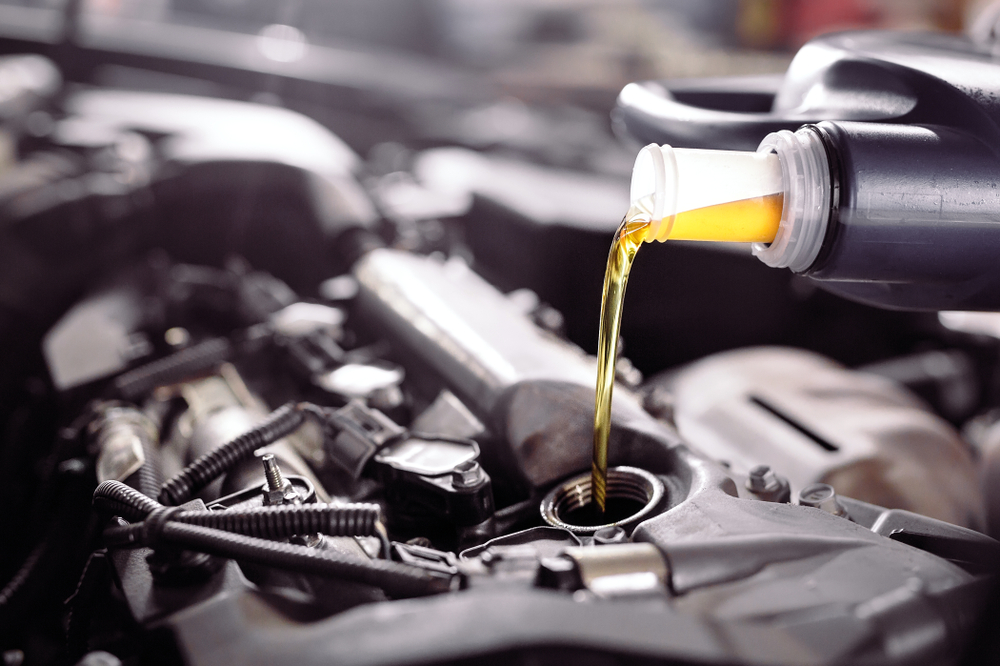
Using the wrong grade of motor oil can negatively affect fuel economy. Oils that are too thick or not recommended for your specific vehicle can increase friction in the engine, causing it to work harder and consume more fuel. To maximize fuel efficiency, always use the manufacturer-recommended oil type and grade.
Not Using Cruise Control
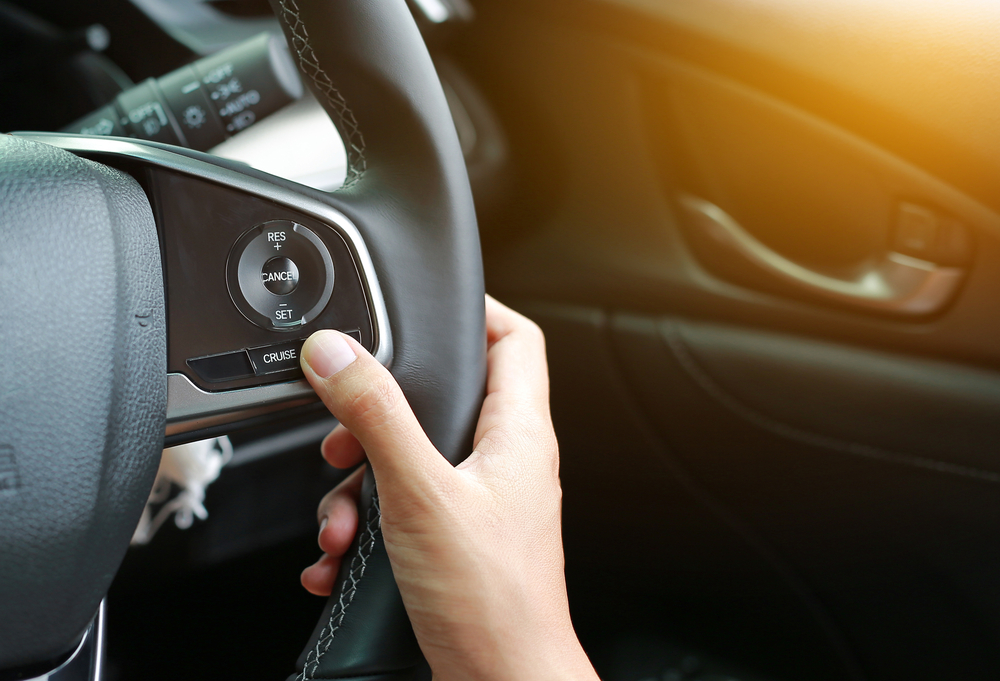
When driving on highways, especially for long distances, using cruise control can help maintain a steady speed and reduce fuel consumption. Cruise control minimizes unnecessary speed variations, which can lead to less efficient fuel use. By keeping your speed consistent, cruise control helps prevent the engine from overworking and maximizes fuel economy.
Driving Short Trips
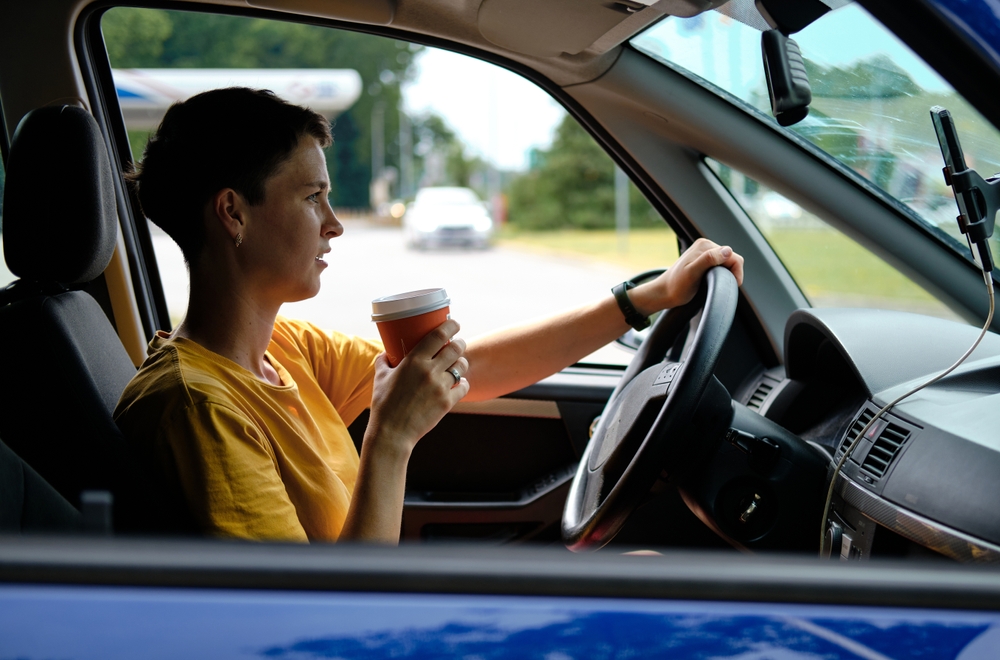
Frequent short trips don’t allow your engine to reach its optimal operating temperature, leading to reduced fuel efficiency. Cold engines burn more fuel, and repeated short trips can result in higher fuel consumption compared to longer, continuous drives. Combining errands into one trip and avoiding multiple short starts and stops can improve your overall fuel economy.
Riding the Brakes
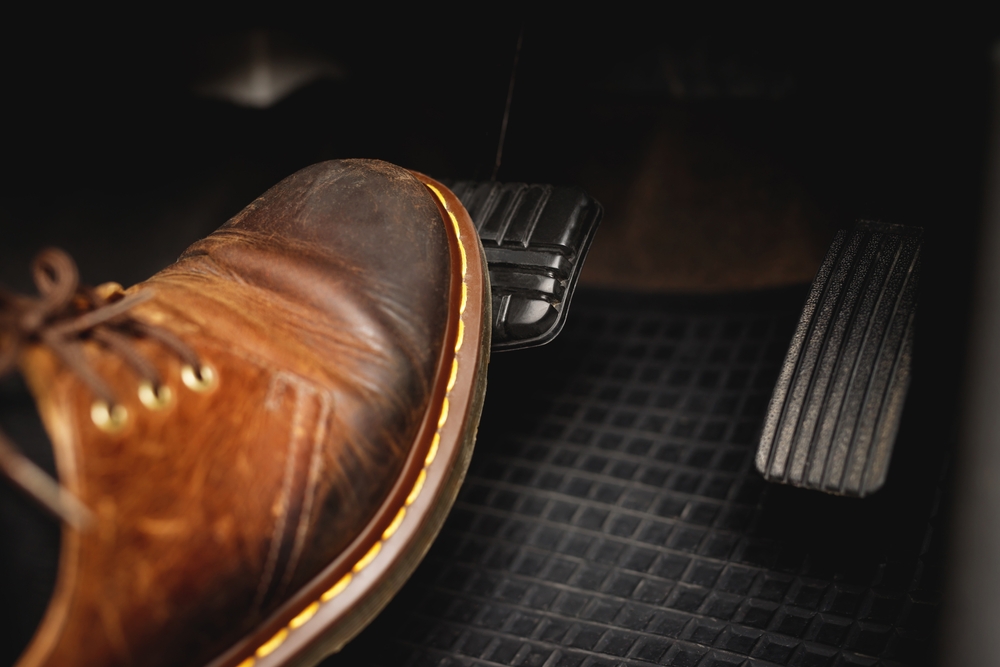
Keeping your foot on the brake pedal unnecessarily or braking constantly in traffic wastes energy and forces your engine to work harder to maintain speed. By practicing defensive driving, you can avoid excessive braking and coast when appropriate, which reduces fuel consumption and improves efficiency.
This article originally appeared on MyCarMakesNoise.
More from MyCarMakesNoise
10 Surprising Facts You Didn’t Know About the Black Hawk Helicopter

The Black Hawk helicopter, an iconic symbol of military strength and innovation, has long been a critical asset in various operations around the globe. Known for its versatility and durability, it has been pivotal in everything from combat missions to humanitarian aid. Read More.
12 Military Ships Decommissioned Sooner Than Expected

Decommissioning military ships earlier than planned can happen for various reasons, from budget cuts to technical issues. In this article, we explore 12 notable military ships that faced early retirement. Read More.
15 of the Most Expensive Automotive Failures in History

Cars can be a symbol of success, but not every model hits the mark. Some vehicles, despite high expectations and hefty price tags, turn out to be costly failures. Read More.

